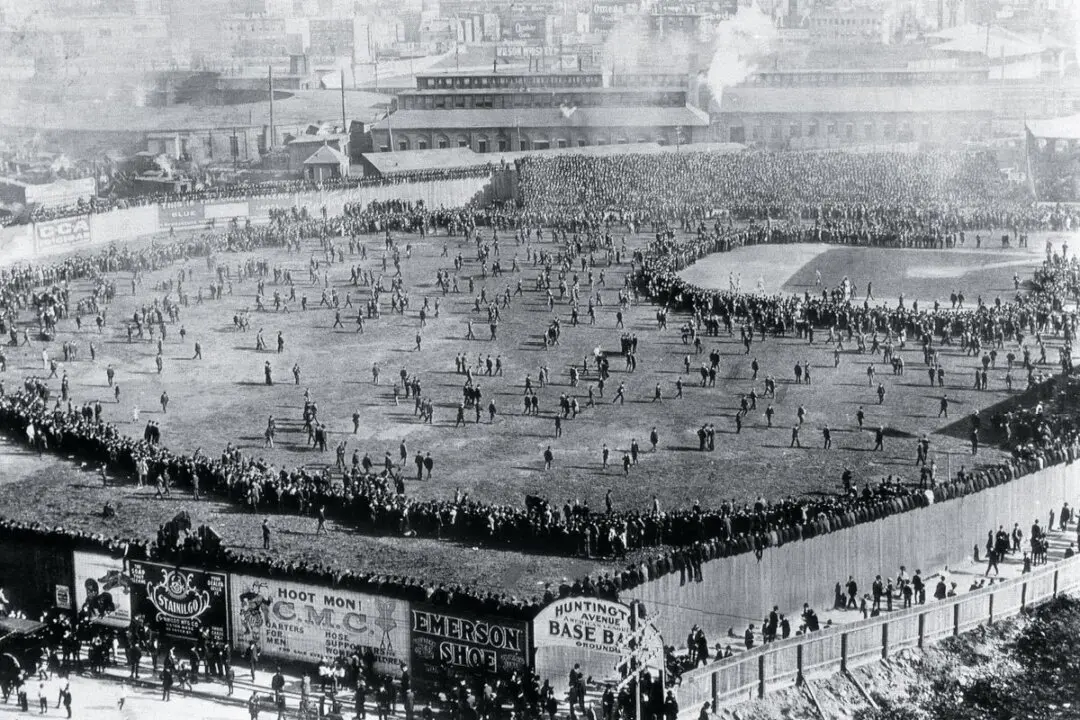Ingratitude has somehow become vogue in the United States. It seems that the more we progress in technology, science, entertainment options, food and clothing accessibility, self-managing appliances, and a laundry list of other blessings, the more opportunities there are to complain rather than be thankful. Even the middle-class and some lower-class individuals and families in the United States possess lifestyles that would rival the kings and queens of old.
Americans can point to the many pioneers and geniuses who have walked this land in order to provide such a quality of life. From before our nation’s founding to today, we have so much to be thankful for and so many to thank.
Reflecting on the Miracles of the Pilgrims and Indians
In regard to our ancestors, many of us are already bracing for the inevitable assault on Thanksgiving. It shouldn’t be a day of reflection upon the ills of our country’s past, but rather on the good. We should think fondly upon those Pilgrims and Indians who met 400 years ago and indulged in a three-day festival together. We should think fondly on Tisquantum (Squanto), who practically saved the Pilgrims. William Bradford, governor of Plymouth at the time, called him “a special instrument sent of God.” We should think fondly on Bradford and the rest of the Puritans who stuck together and, by the providence of God, survived and eventually thrived. Part of that providence stemmed from someone else for whom we should be thankful: Massasoit, chief of the Wampanoag people.
The Wampanoag and the Pilgrims became strong allies and cultivated a trusting friendship between the two peoples for half a century. This relationship resulted in more than a trading partnership or ongoing festivals: It proved to be mutually providential.
Two years after the three-day festival, Massasoit became deathly ill. The news reached the Puritans, which prompted Edward Winslow to visit the chief. Upon Winslow’s arrival, he found the chief to be blind and unable to eat or drink due to massive swelling in his mouth. Winslow provided medicine, scraped the inside of his mouth, and made him a meal of chicken broth soup. Within half an hour, the chief was improving and his blindness had dissipated.
Massasoit and the Wampanoag informed the Pilgrims of a planned attack by the Massachusetts Indians. Myles Standish led the Pilgrims and some of the Wampanoag men to bring an end to the plot.
That same year, another moment of providence arrived, but it wasn’t provided by the Wampanoag or the Pilgrims. Rather, it was provided by the One who sent Squanto.
A drought had hit Plymouth right after planting season. With no rain, there would be no crops. If this drought had persisted, it would have eventually decimated the colony. Winter rations were gone. Fishing had become the primary source of food, but this was hit or miss (as fishing typically goes). By mid-July, Bradford noted that the ground was “parched like withered hay.” If God had secured their voyage, brought them to the specific location where Squanto would find them, and introduced them to a friendly and beneficial tribe, then it seemed probable that God would provide a way out of this predicament.
Bradford declared a day of “humble and fervent prayer” and fasting for the colony. A day that started out hot and cloudless ended with a heavy rain that saved the crops and the colony. The Indians also witnessed this miracle and how it transpired.






